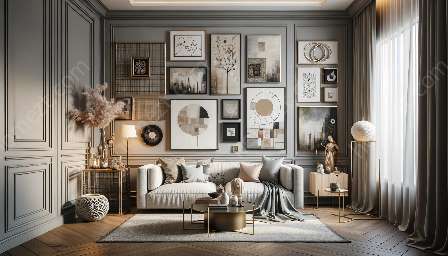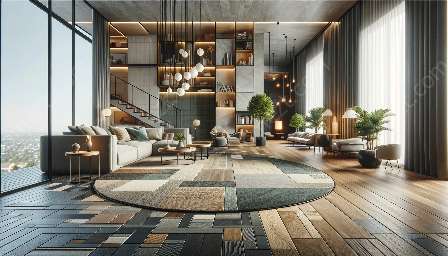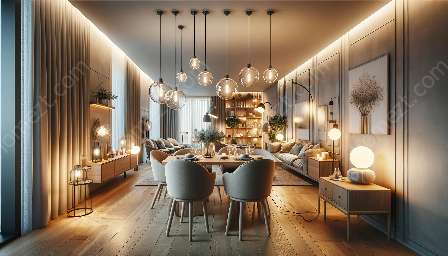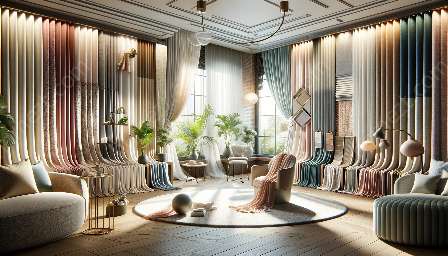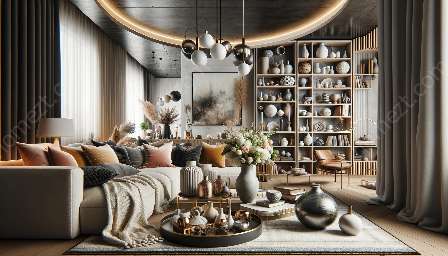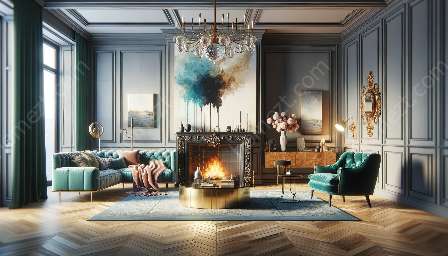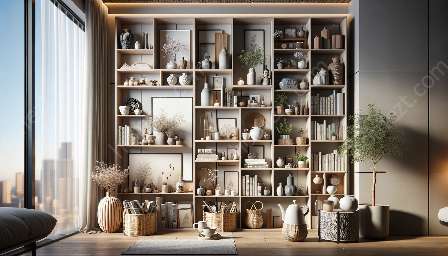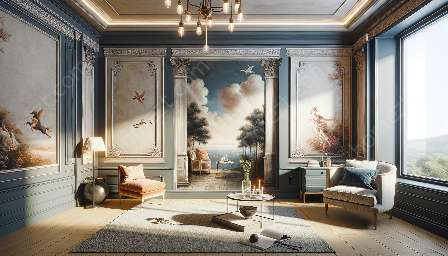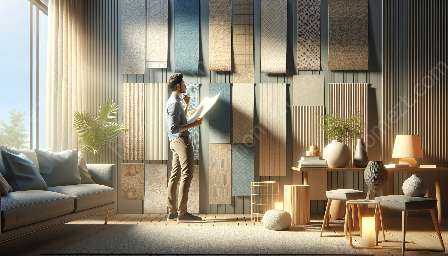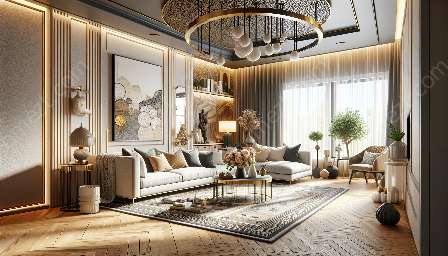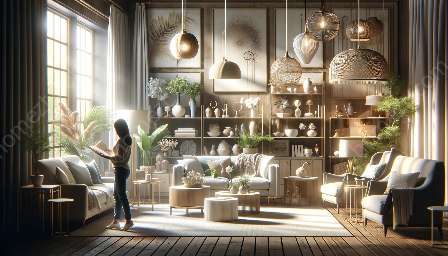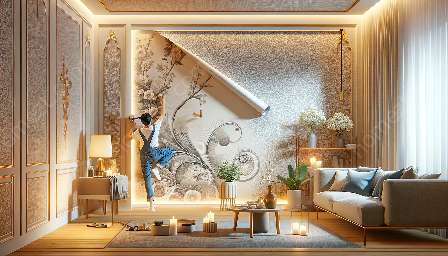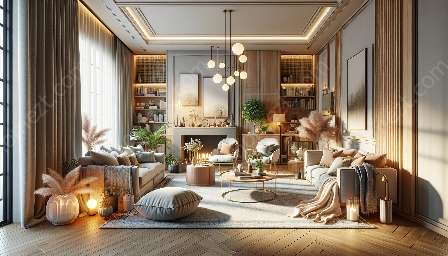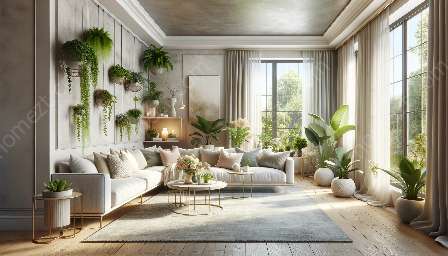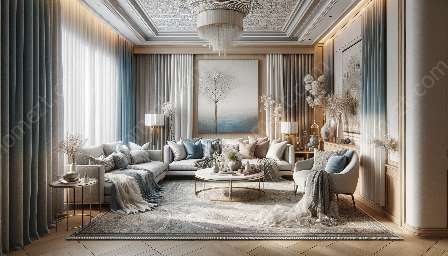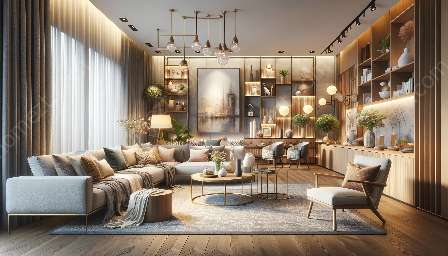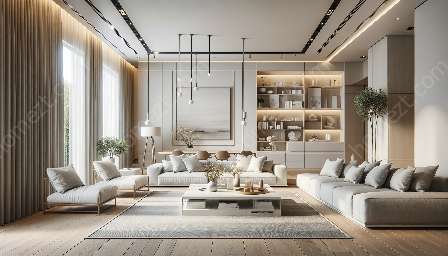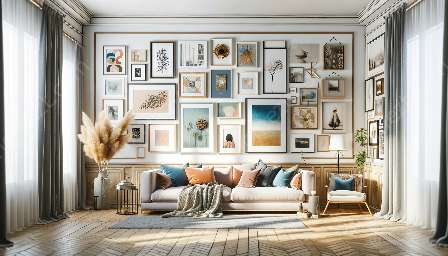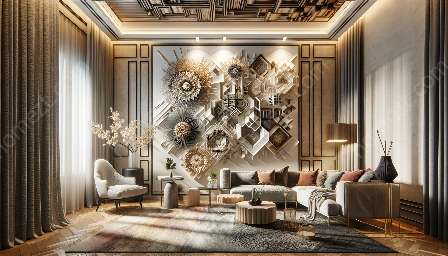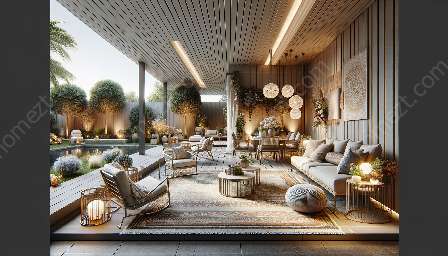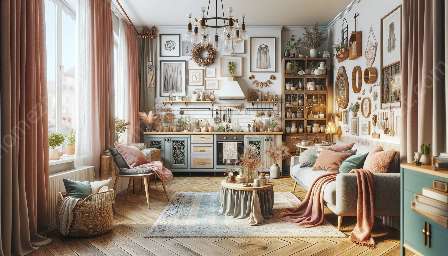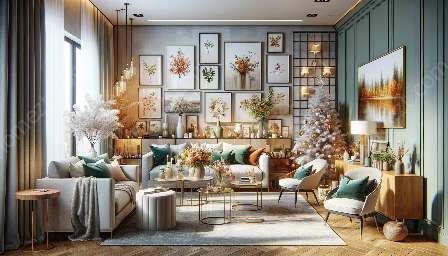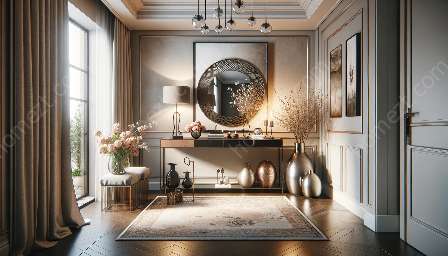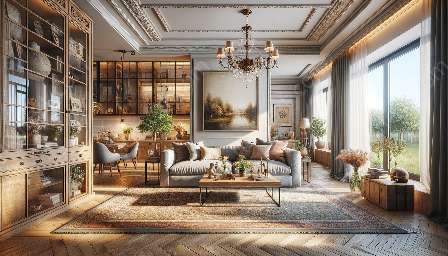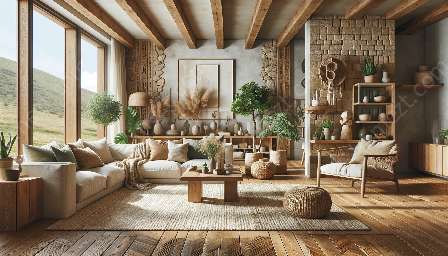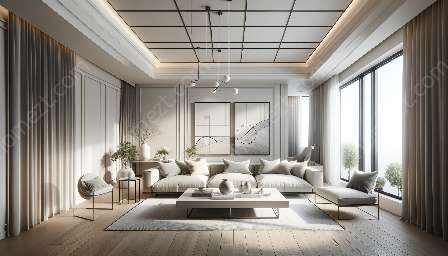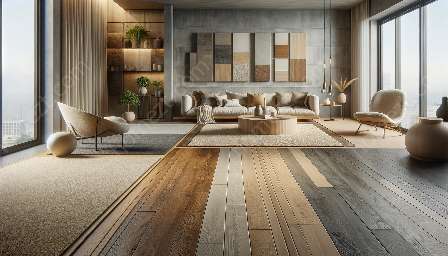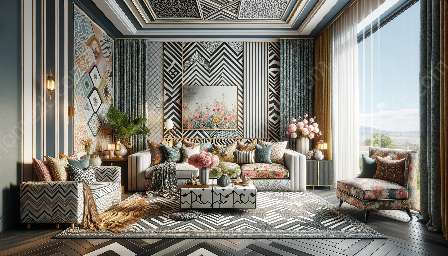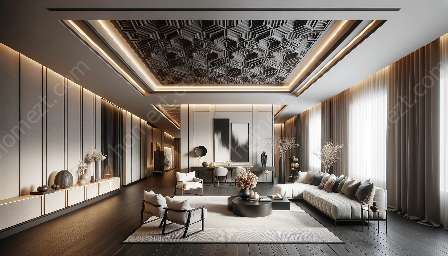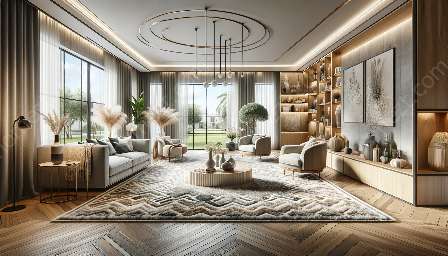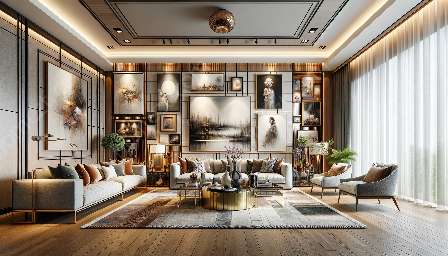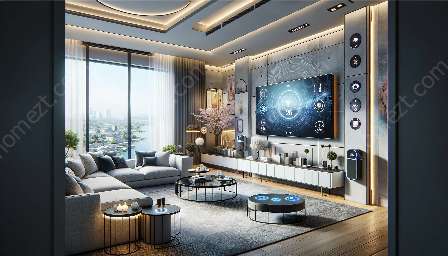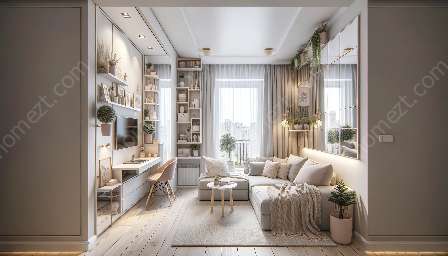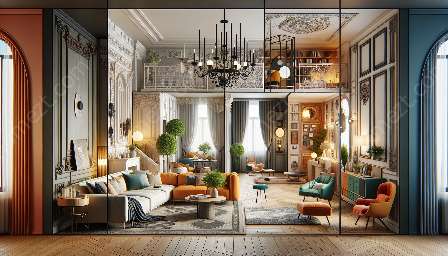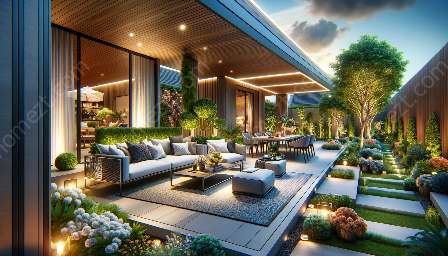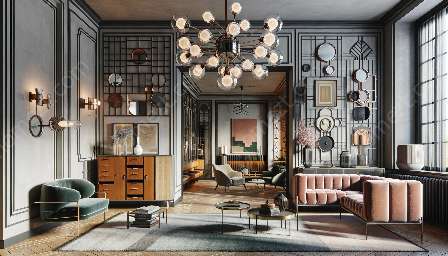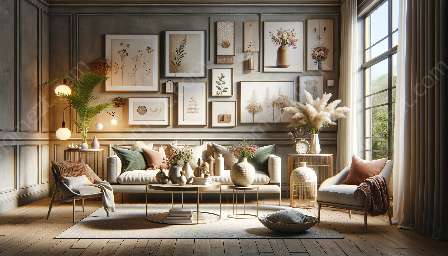Creating functional workspaces within a home is an art that requires a delicate balance of design and decoration. Whether you're a remote worker, a student, or someone who enjoys pursuing hobbies, having a dedicated workspace within the comfort of your home can enhance productivity and creativity. In this comprehensive guide, we will delve into the intricacies of designing and decorating functional spaces, exploring innovative ideas and strategies to create inspiring and practical living spaces.
Designing Functional Spaces
Designing a functional workspace within a home involves thoughtful planning and consideration of various factors. The layout, furniture, lighting, and storage solutions play a crucial role in creating a space that is conducive to productivity and comfort.
Layout
The layout of a functional workspace should be tailored to the specific needs of the individual. Consider the available space and how it can be optimized to accommodate a desk, chair, and other essential items. The layout should promote good ergonomics and allow for easy movement within the space.
Furniture
Choosing the right furniture is essential for creating a functional workspace. A comfortable and ergonomic desk chair, a spacious desk with adequate work surface, and storage solutions such as shelves or drawers are key elements to consider. Additionally, flexibility in furniture arrangements can allow for multi-purpose use of the space.
Lighting
Good lighting is crucial for a functional workspace. Natural light is ideal, so positioning the workspace near a window is beneficial. However, artificial lighting should also be carefully considered, with task lighting for specific work areas and ambient lighting for overall illumination.
Storage Solutions
Effective storage solutions are essential for maintaining an organized and functional workspace. Consider incorporating shelving, filing cabinets, or storage bins to keep the area clutter-free and optimize productivity.
Decorating
Decorating a functional workspace is an opportunity to infuse creativity and personal style into the environment. By incorporating design elements that inspire and motivate, the workspace can become a place that encourages focus and innovation.
Color Scheme
The color scheme of a workspace can have a significant impact on the overall ambiance. Consider using calming and neutral tones for a serene and focused atmosphere, or inject pops of vibrant colors for an energizing and dynamic workspace.
Personalization
Adding personal touches such as artwork, photographs, or plants can bring character to the workspace and make it a more inviting and inspiring environment.
Organizational Decor
Functional decor items such as desk organizers, wall-mounted magnet boards, or decorative storage boxes can serve a dual purpose, combining practicality with aesthetic appeal.
Greenery
Introducing plants into the workspace not only adds a touch of nature but also contributes to improved air quality and well-being.
Innovative Ideas and Strategies
Exploring innovative ideas and strategies can elevate the design and decor of a functional workspace within a home. Consider the following innovative approaches:
Flexible and Multi-Purpose Furniture
Investing in furniture that can serve multiple functions, such as a desk that converts into a dining table or a bookshelf that doubles as a room divider, can optimize space and functionality.
Modular Storage Systems
Utilizing modular storage systems allows for customizable and adaptable storage solutions, catering to the specific needs of the workspace.
Technology Integration
Integrating technology seamlessly into the workspace, such as concealed cable management and built-in charging stations, can enhance the functionality and aesthetic appeal of the space.
Floor Plan Optimization
Experimenting with different floor plan arrangements, such as incorporating a standing desk or creating designated zones for different tasks, can maximize the usability of the space.
Conclusion
In conclusion, the art of designing and decorating functional workspaces within a home involves a harmonious blend of practicality and aesthetics. By carefully considering the design, furniture, lighting, storage solutions, and decorative elements, individuals can create inspiring and practical living spaces that cater to their specific needs and preferences. Through innovative ideas and strategies, the potential for creating functional workspaces within a home is limitless, offering opportunities for increased productivity, creativity, and overall well-being.

